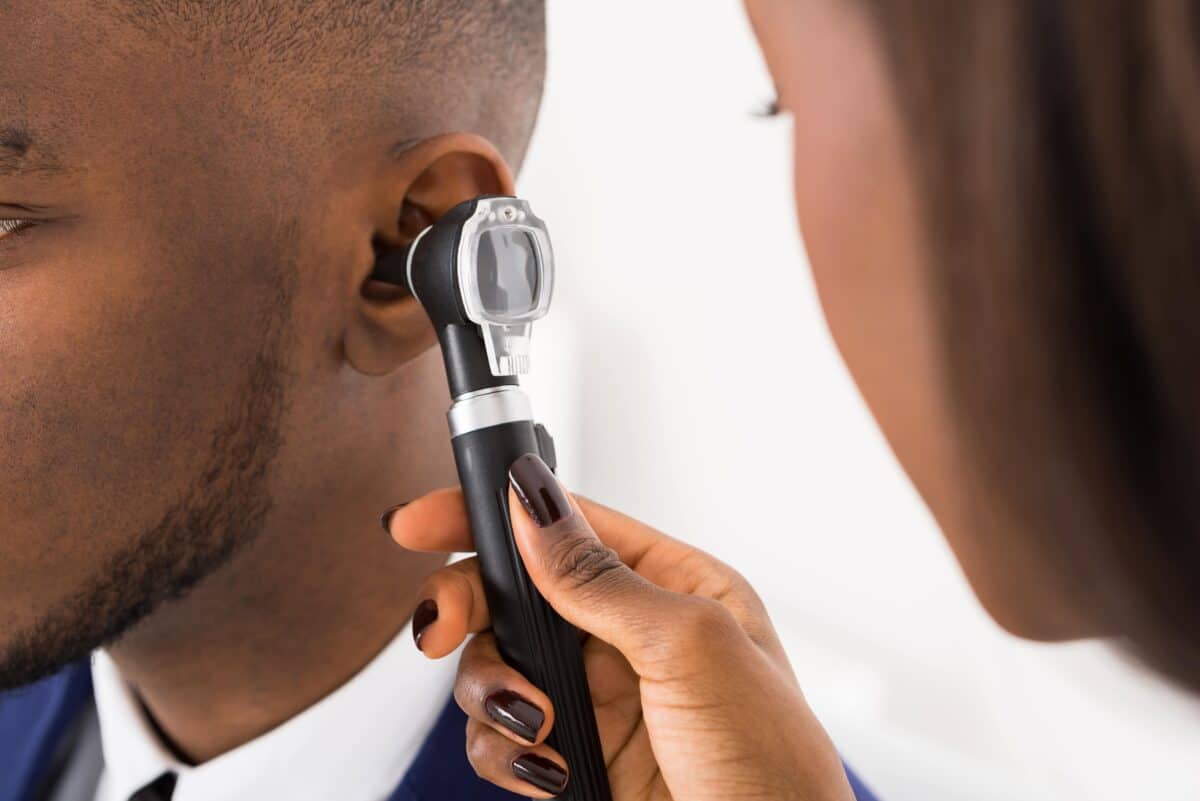Our goal is to guide you through the process of a hearing exam, shedding light on the latest advancements in hearing loss prevention, diagnosis, and management. This comprehensive journey is not just about identifying hearing issues; it’s about ensuring a higher quality of life through optimal hearing health. In this article, we will explore the steps involved in a hearing exam, recent breakthroughs, potential futuristic interventions, and the crucial role of early detection.
The landscape of hearing health has experienced remarkable advancements in recent years. Hearing loss, once thought to be an inevitable consequence of aging, is now understood as a multifaceted condition that can arise from various factors, including genetic predisposition, noise exposure, and certain medical conditions.
Step 1: Evaluation of Lifestyle and History
A hearing exam begins with a detailed discussion of your lifestyle, medical history, and any concerns you may have regarding your hearing. This initial conversation helps audiologists gain insights into potential risk factors and tailor the examination accordingly. For instance, exposure to loud environments or a family history of hearing loss could indicate a higher likelihood of developing hearing issues.
Step 2: Hearing Threshold Testing
The cornerstone of a hearing exam is the assessment of your hearing thresholds. This involves a series of pure-tone tests, where you listen for faint sounds at various frequencies and volumes. Modern audiometry equipment provides highly accurate results, allowing audiologists to identify the specific frequencies and intensities at which your hearing may be compromised.
Step 3: Speech and Word Recognition
Understanding speech in real-world situations is a critical aspect of hearing. During this step, you’ll be asked to repeat words or sentences at different volumes. This test helps audiologists assess your ability to comprehend speech in noisy environments, mirroring real-life situations.
Step 4: Middle Ear Analysis
The middle ear plays a vital role in transmitting sound to the inner ear. Tympanometry and acoustic reflex tests are performed to assess the health and function of the middle ear. These tests can detect issues such as fluid accumulation or problems with the ear canal, providing valuable diagnostic information.
Step 5: Otoacoustic Emissions (OAEs)
OAE testing involves playing soft sounds into the ear and measuring the echo produced by the inner ear’s outer hair cells. This test is especially useful in assessing the health of the cochlea, the auditory portion of the inner ear. OAEs can help identify subtle hearing losses that may not be evident through other testing methods.
Advancements in Prevention, Diagnosis, and Management
Recent research has led to groundbreaking developments in hearing health. The focus has shifted from reactive measures to proactive strategies aimed at preventing hearing loss. Technological innovations, such as noise-canceling headphones and custom ear protection, offer effective shields against damaging noise levels. Additionally, ongoing studies on the relationship between hearing loss and cognitive decline highlight the importance of maintaining good hearing health throughout life.
The Future of Hearing Care
Looking ahead, the field of audiology is brimming with exciting possibilities. Gene therapies and regenerative treatments are being explored as potential interventions to restore damaged hearing structures. Imagine a future where customized treatments target the underlying causes of hearing loss, offering a more personalized and precise approach to care.
The Significance of Early Detection
One of the most crucial takeaways from this exploration of hearing exams is the value of early detection. Hearing loss often develops gradually, and its impact on daily life can be subtle at first. However, untreated hearing loss can lead to social isolation, cognitive decline, and reduced overall well-being. Regular hearing exams provide the foundation for timely intervention and personalized management plans.
In conclusion, a hearing exam is a comprehensive journey encompassing various assessments that delve into the intricacies of your auditory system. Recent advancements in prevention, diagnosis, and management have revolutionized the field of audiology, offering new hope and possibilities for individuals with hearing loss. Our mission is to empower you with knowledge, guiding you toward optimal hearing health and an improved quality of life. Remember, your hearing is an invaluable asset – investing in its care today ensures a harmonious tomorrow.

